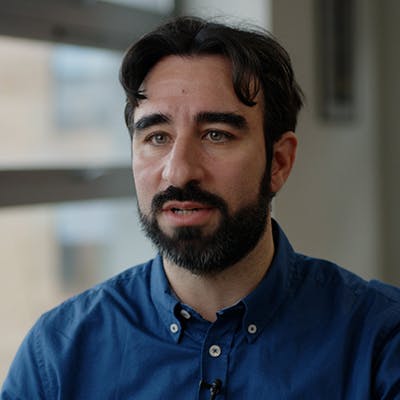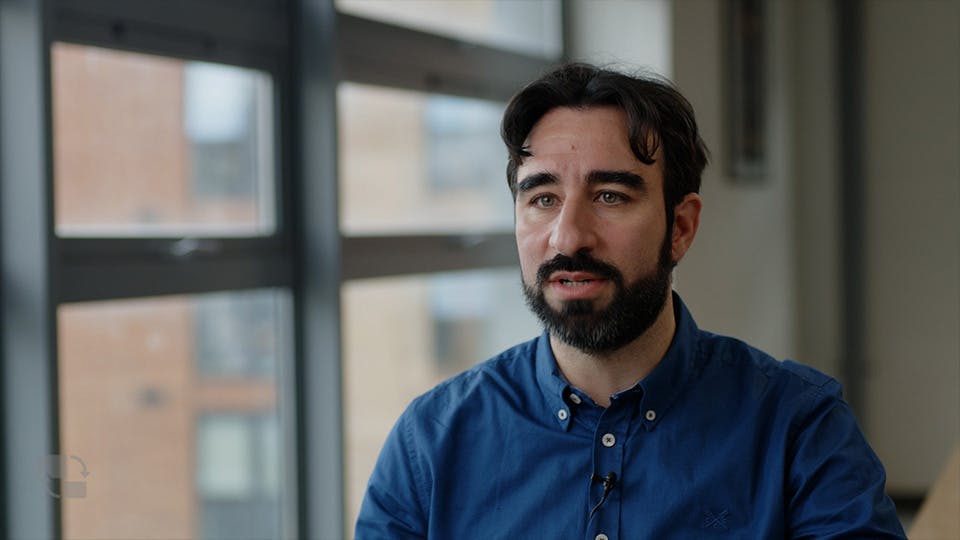
Dr. Alessandro Di Stefano is a Senior Lecturer in Computer Science, within the School of Computing, Engineering, & Digital Technologies, Department of Computing & Games, at Teesside University. He received his BSc (2009) and MSc degrees (2012) in Telecommunications Engineering from the Department of Electrical, Electronic and Computer Engineering (DIEEI) at the University of Catania, Italy. He holds a PhD in Systems Engineering from the DIEEI at the University of Catania, Italy, awarded in 2015. His thesis was titled "Evolutionary Dynamics of Social Behaviours on Multilayer Networks". After his PhD, Alessandro worked as postdoctoral researcher at DIEEI, University of Catania, for almost four years, and then as a research associate and teaching assistant at the Department of Engineering, King’s College London (KCL), London, UK, supervised by Prof. Nishanth Sastry. Recently, he worked as a research associate at Computer Laboratory, Department of Computer Science and Technology, University of Cambridge, UK, supervised by Prof. Pietro Liò, with whom he has been collaborating since 2012. Alessandro is an IEEE member and part of the IEEE Professional Communication Society and the Technical Committee on Computational Life Sciences, and also member of the Complex Systems Society (CSS). He collaborates with several universities in Europe and all over the world, such as Missouri University of Science and Technology, USA. He regularly serves as a reviewer for various top-tier journals, including IEEE Transactions on Mobile Computing, Nature Scientific Reports, IEEE Transactions on Communications, IEEE Internet of Things Journal, and PloS One, and leading international conferences (IJCAI, KDD, CIKM, ICDCS, ICDCN, etc.), where he has often been invited to join the Technical Program Committee of these events. Dr. Di Stefano's research approach is interdisciplinary, incorporating engineering and computer science methodologies applied to socio-technological systems. His main research interests include game theory, network science and machine learning/artificial intelligence. He has published many peer-reviewed papers in high impact journals and leading international conferences. More recently, he has been also focusing on methodologies bringing together network science, game theory and machine learning.


